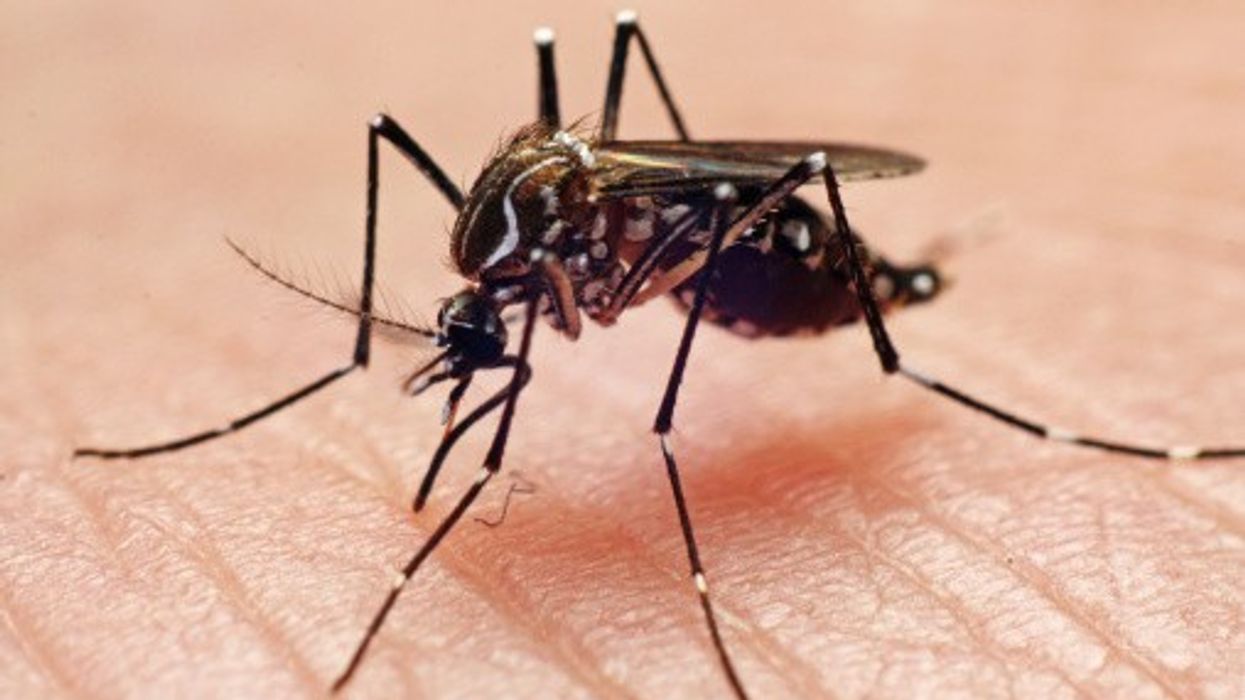The UK Health Security Agency (UKSHA) has warned that imported dengue cases in England, Wales, and Northern Ireland (EWNI) have reached their highest level since dengue surveillance began in 2009.
New data from the agency reveals that 904 dengue cases were reported among returning travellers in these countries in 2024, a sharp increase from 631 in 2023.
Most cases were linked to travel to Southern and South-Eastern Asia.
Increase in other mosquito-borne infections
In addition to dengue, imported cases of Chikungunya — another mosquito-borne infection — have also risen across England, Wales and Northern Ireland.
UKHSA recorded 112 Chikungunya cases in 2024, more than double the 45 cases reported in 2023, with most linked to travel in Southern Asia.
Similarly, cases of Zika virus disease have also increased, with 16 cases reported in 2024 across EWNI, compared to 8 in 2023.
Most of the affected travellers had returned from South-Eastern Asia.
Unlike dengue and chikungunya, there is no drug or vaccine to prevent Zika virus infection, making mosquito bite prevention the most effective way to reduce risk.
How to prevent mosquito-borne infections
Dr Philip Veal, a consultant in public health at UKSHA, has shared some simple steps to minimise the risk of mosquito-borne infections while travelling abroad:
Use insect repellent
Cover exposed skin
Sleep under insecticide-treated bed net
He advises those travelling abroad to check the TravelHealthPro website for the latest health advice on their destination, including any recommended vaccinations.
“Even if you’ve been to a country before, remember that you don’t have the same level of protection against infections as permanent residents and are still at risk,” said Dr Veal.
Travellers are also advised to consult their GP, practice nurse, pharmacist, or travel clinic 4 to 6 weeks before their trip for individual advice, travel vaccines and malaria prevention tablets, if relevant for their destination.
Dengue vaccination: Who should get it?
The Joint Committee on Vaccination and Immunisation (JCVI) recommends Qdenga dengue vaccine for some travellers.
Qdenga is available for individuals aged 4 and older who have previously had (or might have had) dengue and are traveling to high-risk areas.
However, JCVI cautioned that the vaccine is not suitable for:
Pregnant women
Breastfeeding women
Immunocompromised individuals
Those with hypersensitivity to any component of the vaccine
Children under 4 years of age
Symptoms to watch out for
Mosquito-borne infections like dengue, chikungunya and Zika can cause a range of symptoms, including:
Fever
Severe headache
Pain behind the eyes
Muscle and joint pain
Abdominal pain
Loss of appetite
Nausea and vomiting
However, not everyone experiences symptoms, and some infections may go unnoticed, the agency stated.
Mpox outbreak
Alongside mosquito-borne infections, UKHSA is reminding travelers of an ongoing mpox outbreak in some African countries.
Currently, the risk to most travellers remains low and vaccination against mpox is not generally recommended.
Those travelling to affected areas are advised to take precautions by reducing touch or sexual contact, especially with individuals who have a rash.













